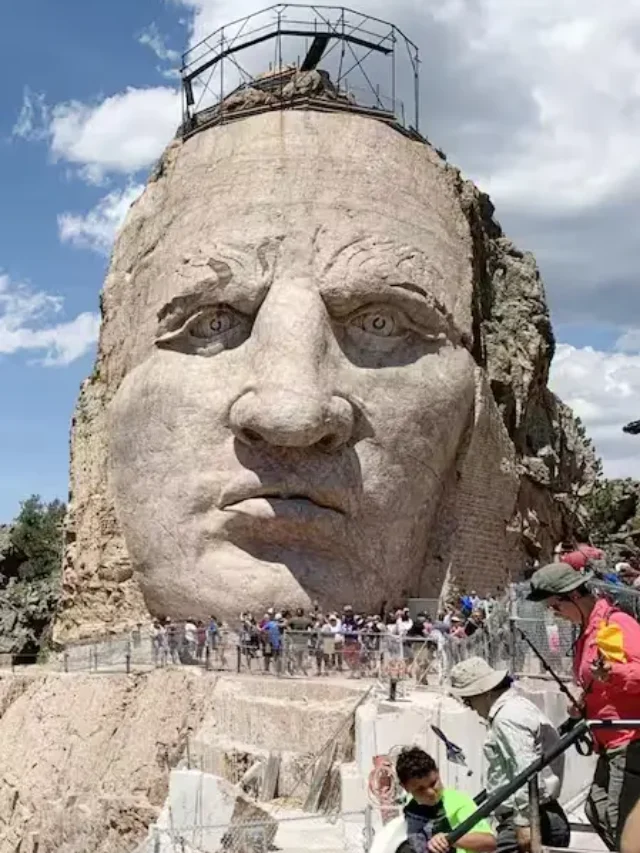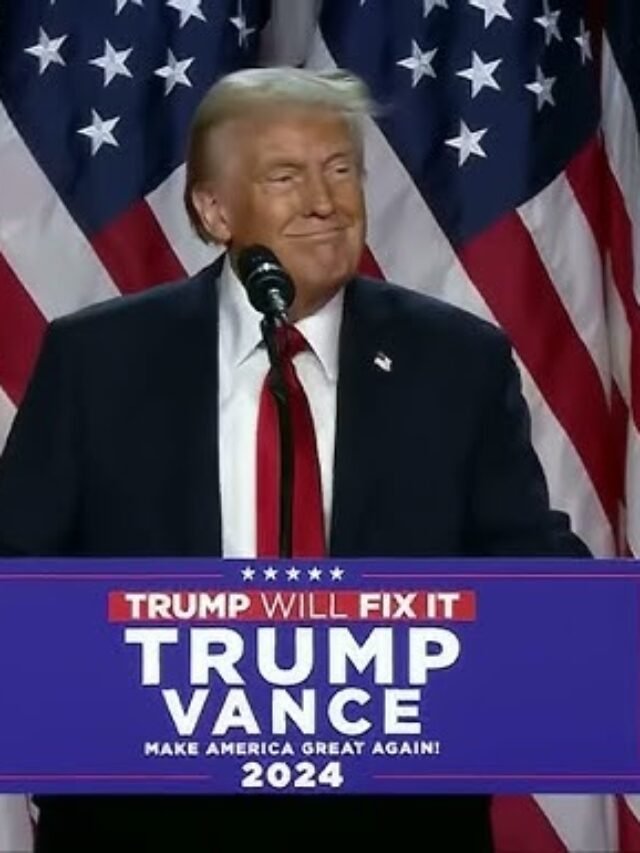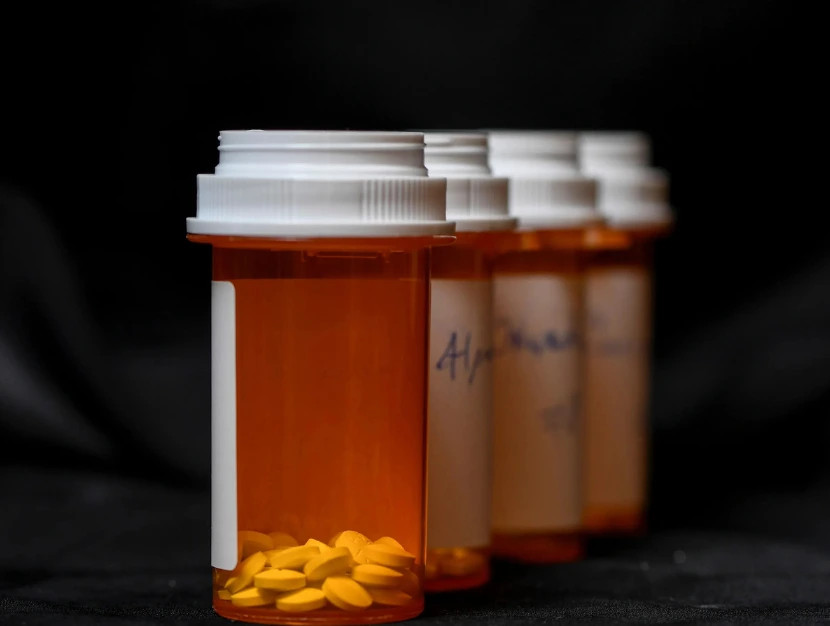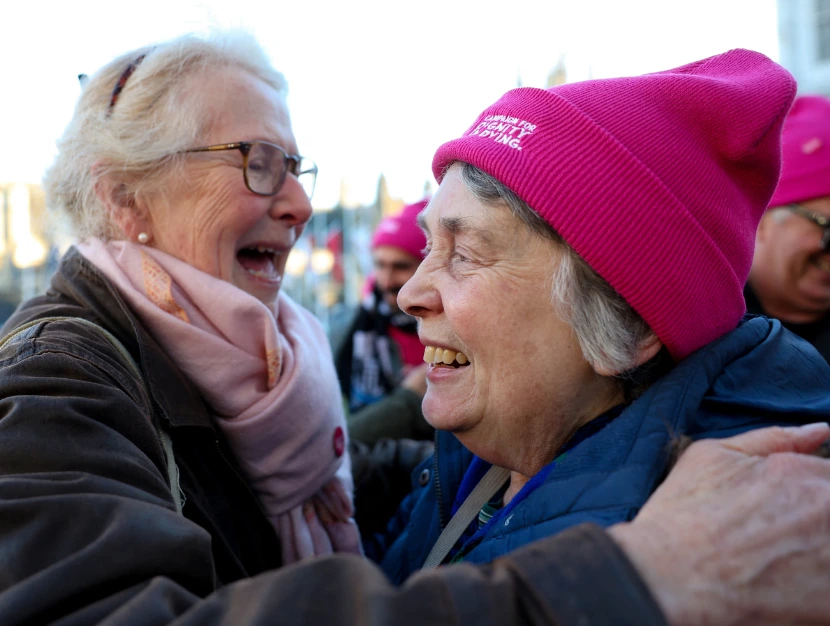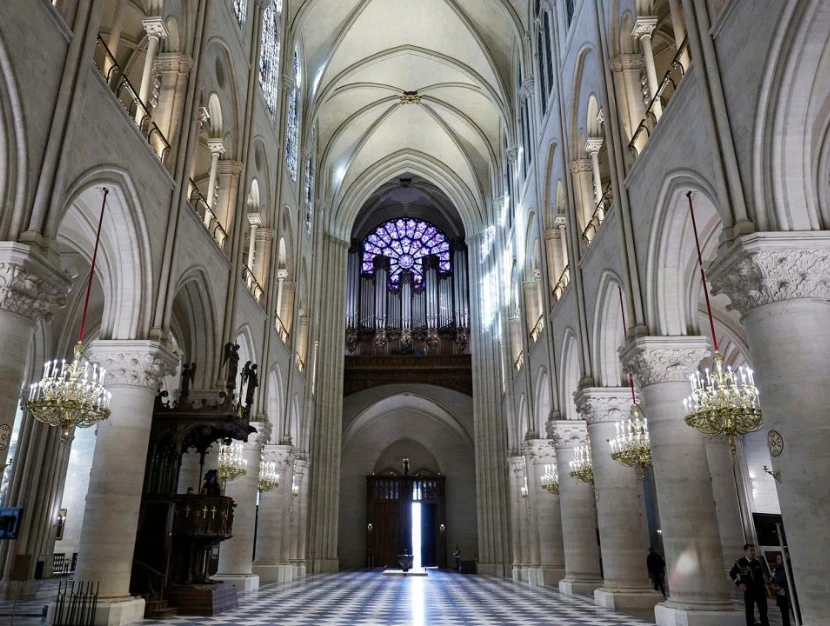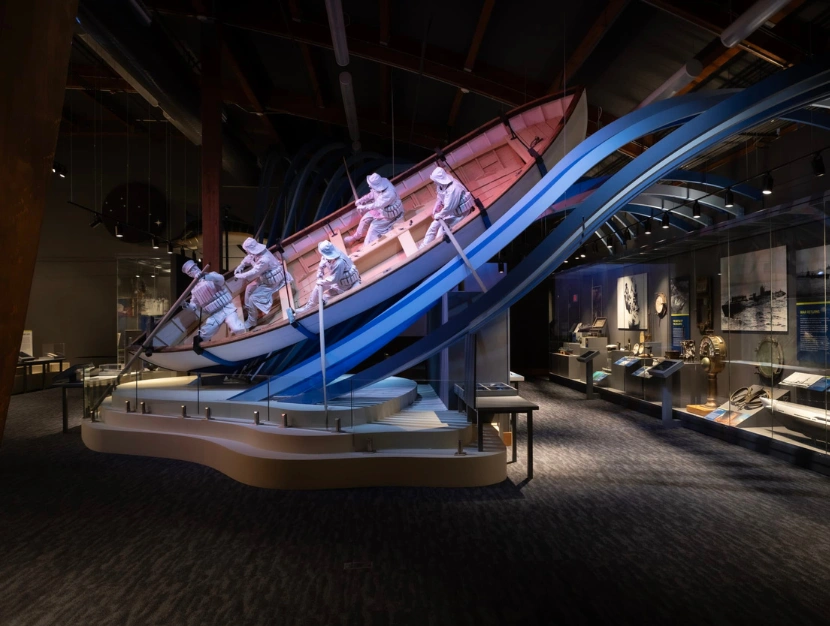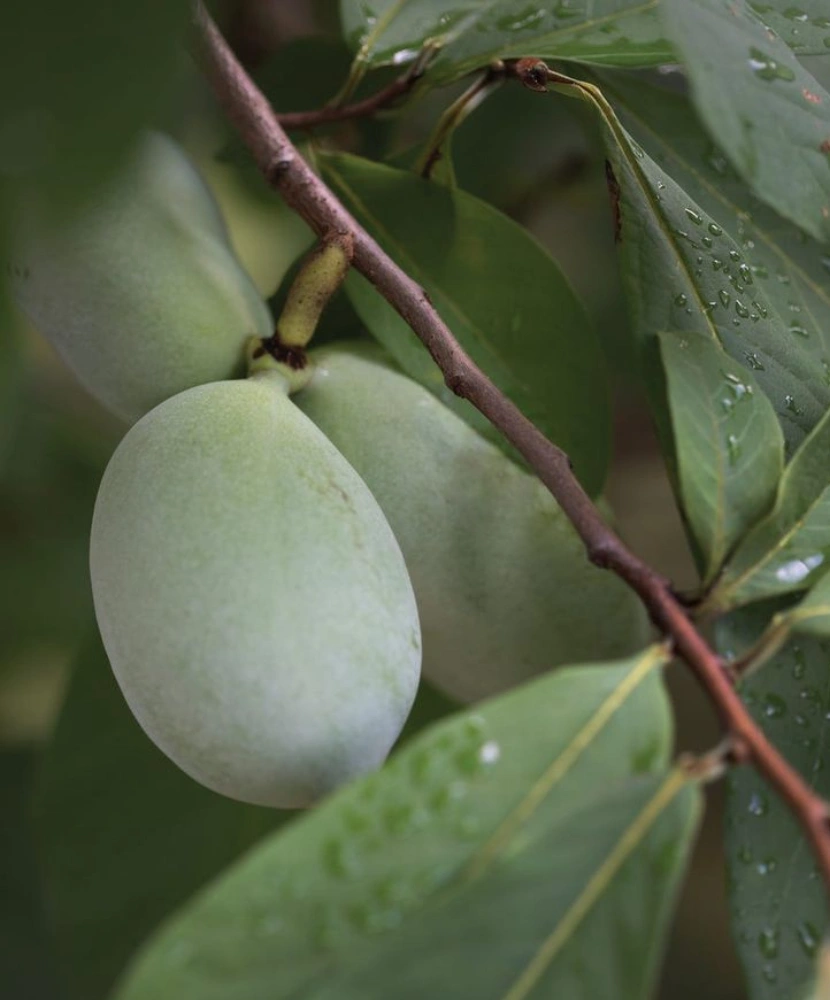Two drug makers were recently required to give $266 million to Baltimore after a jury held that the companies contributed to the opioid crisis – an epidemic of dependence that has claimed tens of thousands of American lives annually.
A jury held Texas-based healthcare products company McKesson responsible for the $192 million and Pennsylvania-based drug wholesaler Cencora for $74 million.
Baltimore claimed that the companies have not reported “suspicious orders” of prescription drugs including oxycodone and hydrocodone to federal authorities, which has led to the city’s opioid crisis.
Next month, the city will seek $9 billion from the companies in abatement to fund opioid crisis solutions before Judge Lawrence Fletcher-Hill in the Circuit Court for Baltimore City.
Mayor Brandon Scott said he also supports the verdict, stating that the jury was right to say that the ‘gross influence on our city stemmed from big pharma.’
“Opioid overdose has affected every community in this country, but Baltimore is not just affected – it is a city where every resident has been impacted and whole families and whole neighborhoods have been decimated,” Scott said. The CDC reported that 81,000 people in the United States died from opioid overdose deaths in 2023, a 3% decline from the year before.
According to state data, an average of 866 people in Baltimore died from an opioid overdose each year between 2017 and 2021. 2018 lawsuit alleges that companies are responsible for the opioid epidemic The law firm Susman Godfrey, which represents Baltimore, stated that this week’s jury ruling is the first verdict any jurisdiction has won in opioid litigation against McKesson and Cencora.
”Justice was served,” said Bill Carmody, Baltimore’s lead attorney and a partner at Susman Godfrey.
“There is no city in America that has been as affected by the opioid epidemic as Baltimore and the jury’s decision is a step towards helping Baltimore heal and continue to be one of the best cities in America where all of its citizens can be healthy and thrive.”
Baltimore decided not to join other cities and states in a settlement with drug makers because of opioids to seek bigger awards in its own cases.
The city stated that it has since then collected over $400 million in settlements with other companies such as CVS, Walgreens, Johnson & Johnson, Cardinal Health, Allergan and Teva.
Legal documents accused McKesson and Cencora, formerly a part of AmerisourceBergen, together with Cardinal Health of not reporting and not recognizing risky opioid orders as federal law demands, thus delivering ‘‘hazardous quantities’’ of opioids to Baltimore and other American communities.
“The City now wants Defendants to contribute towards the epidemic they contributed towards in the expensive solutions that are required to address the continuous problem,” the 2018 complaint stated.
The complaint pointed out that McKesson has stated in the past that the company had not report some suspicious drug orders in a settlement with the Justice Department in 2017.
The company agreed to pay $150 million and stop selling controlled substances from distribution centers in Colorado, Ohio, Michigan and Florida. The Justice Department also sued Cencora in December 2022.
Federal prosecutors said the company did not report more than 700,000 suspicious orders to the DEA, and the company must have known that it was “probably helping divert prescription opioids.” The lawsuit is ongoing.
After the jury made its decision on Tuesday in Baltimore, both companies stated that they are ready to appeal the decision. Mike Iorfino, a spokesman for Cencora, said in a statement to USA TODAY that the verdict “pulls the company further apart from the legal and ethical line that it is being expected to balance between making essential medications available and preventing the diversion of controlled substances.”
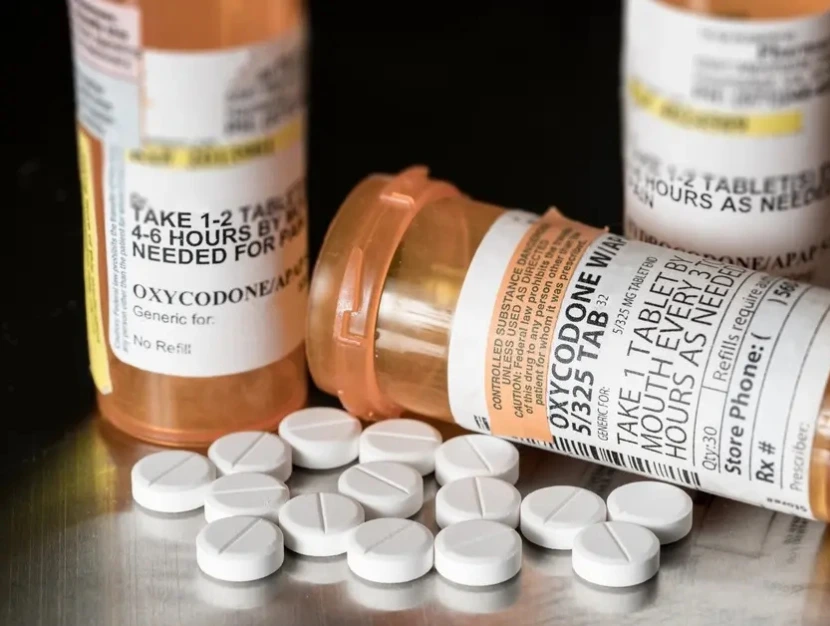
“We are disappointed with the jury’s verdict, which we believe does not reflect the facts of the case,” Iorfino said.
“Our teams are studying the verdict and considering all the possibilities, including an appeal of today’s decision.”
A representative of McKesson said that the company was ready to file motions to contest the verdict and appeal if the motions were to be denied.
”We have expressed our disagreement with the jury’s decision, which in our view, grossly misinterprets McKesson’s narrow function as a drug distributor,” the spokesperson stated.
Game-changing figure
The mayor said this week’s court decision takes Baltimore’s total restitution funds to more than $668.5 million, which is a ‘game changing figure’ in tackling the opioid crisis.
The city has stated that the said amount of money will be used to finance substance use prevention, treatment, recovery and harm reduction programs and services.
Baltimore is home to 9% of the population of Maryland but accounts for 44% of overdose deaths in the state, Baltimore City Health Department says. All in all, Baltimore’s average is over two overdose deaths per day.
The department also said that 80 percent of opioid use disorder in the city between 2010 and 2021 started with prescription opioids before people switched to other substances.
The CDC reported that in 2023, 125 million opioid prescriptions were dispensed across the 50 states of the U.S., with significant differences between the states.
The agency found that as young as 12 years of age, nearly 8.6 million Americans were using prescription opioids inappropriately.
